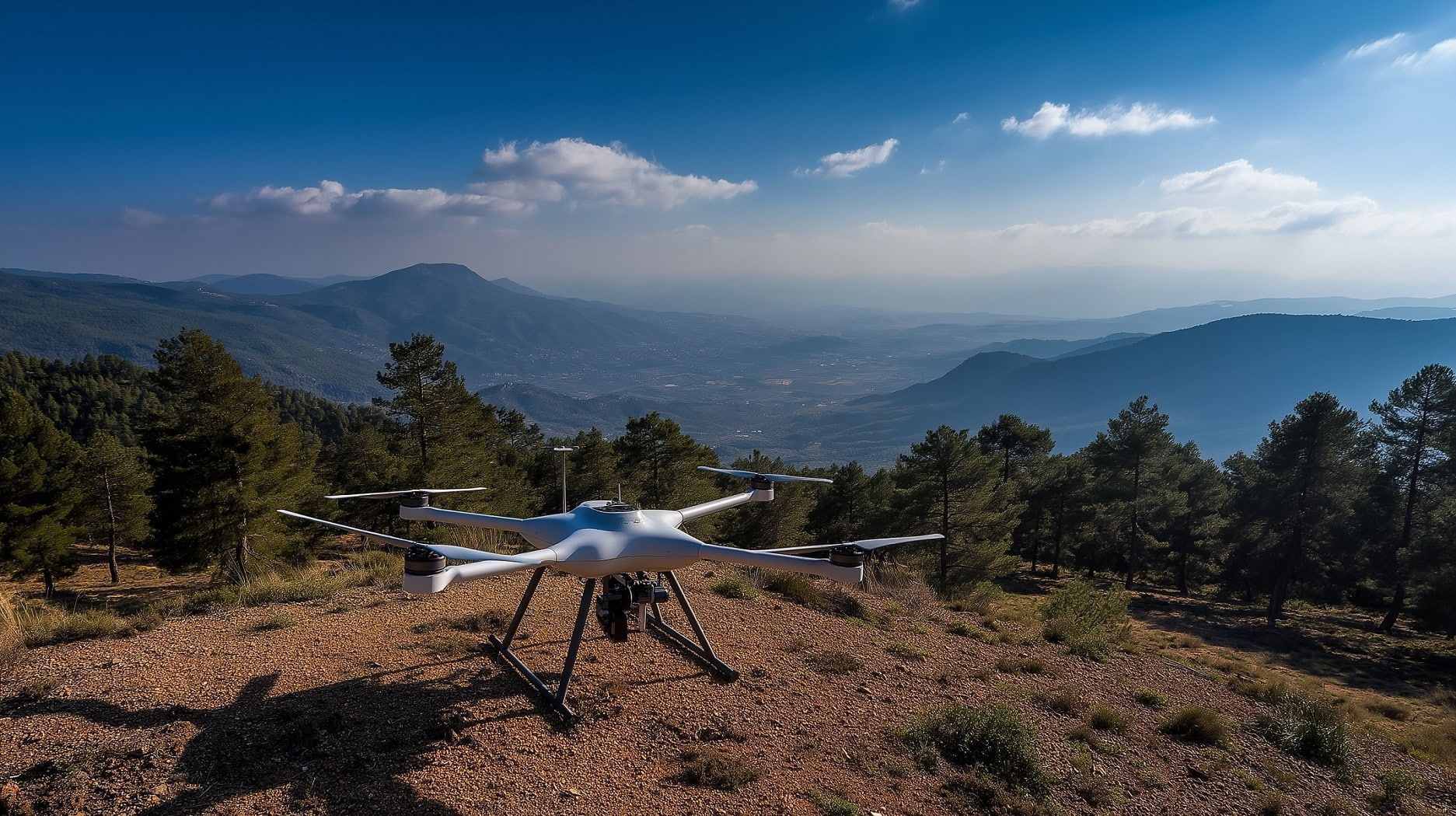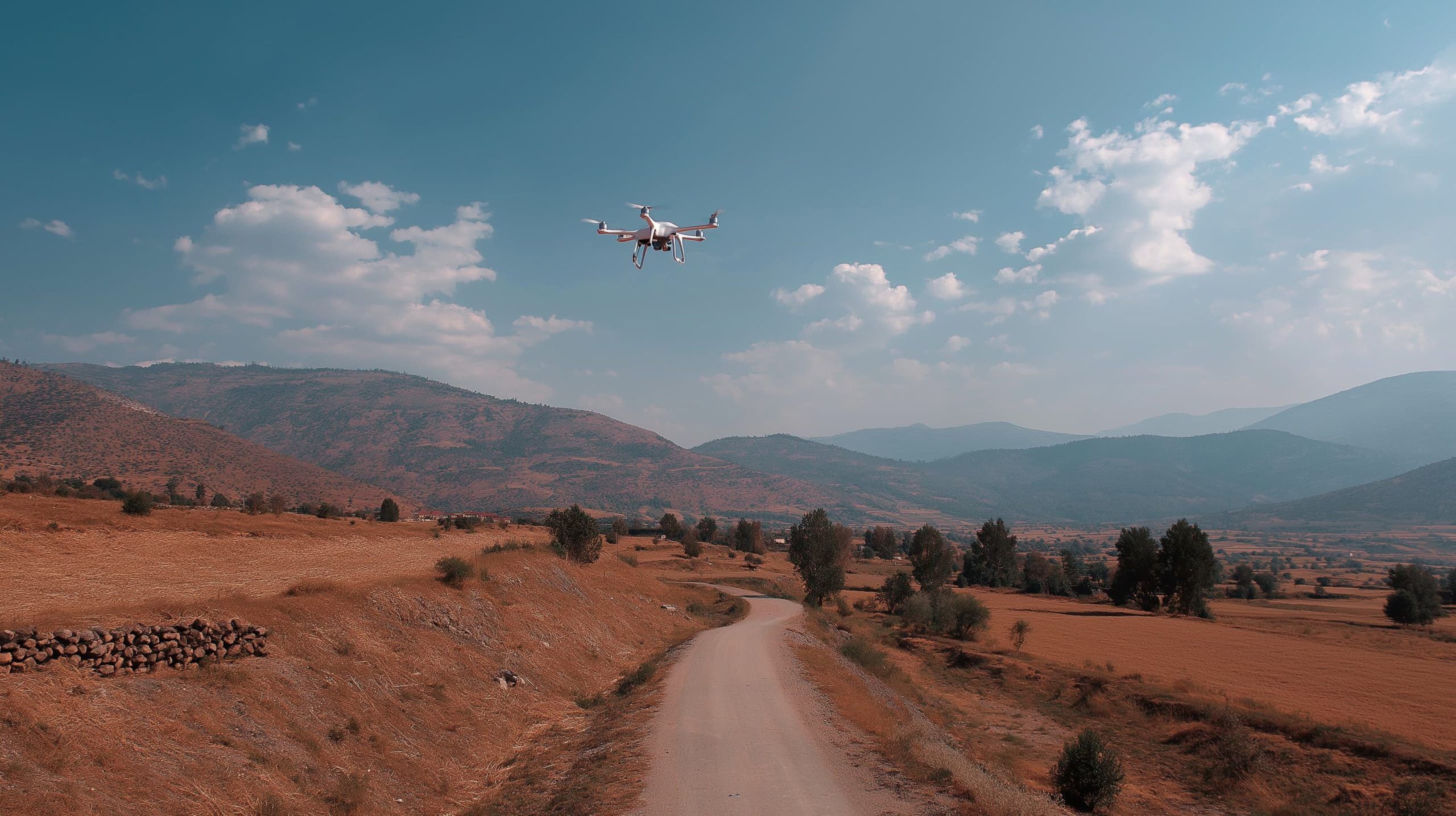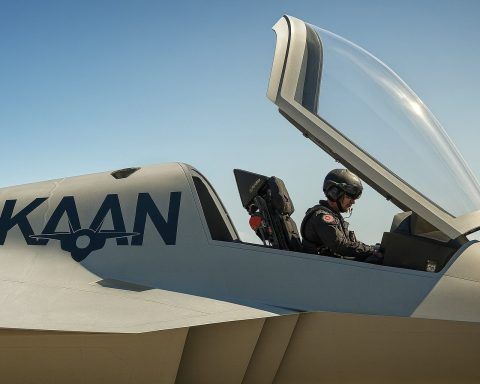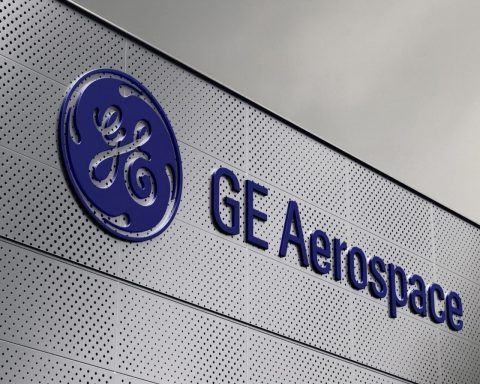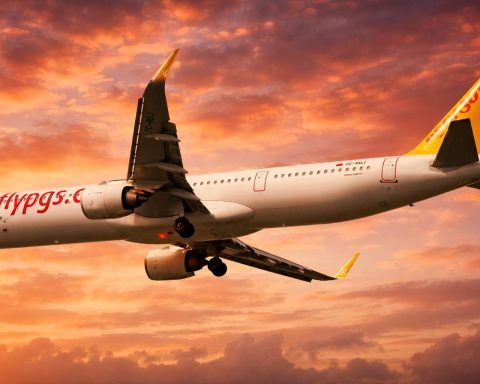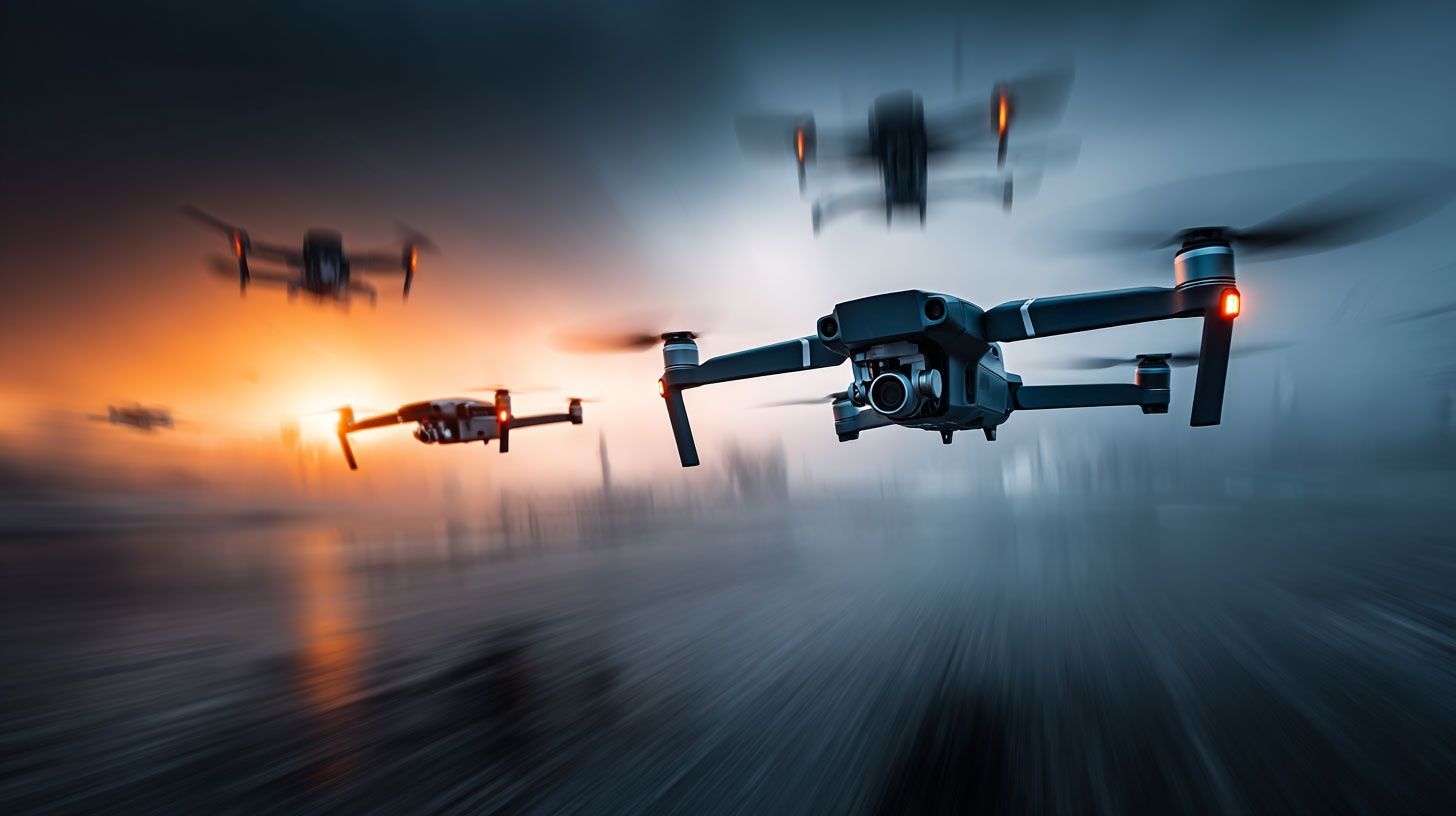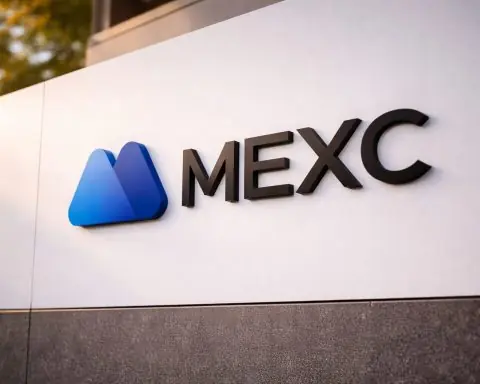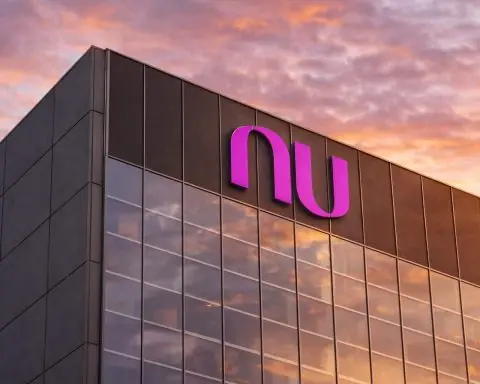
Turkey’s Space and Satellite Industry: 2025 Market Report and 2030 Outlook
Key Facts Historical Background: From First Satellites to a National Space Agency Turkey’s foray into space began with modest steps in the late 20th century and has since picked up remarkable speed. The country’s early efforts were focused on satellite communications as Turkey sought to improve telecommunications and broadcast infrastructure for its growing economy. 1994 – First Turkish Satellite: After joining the international Intelsat consortium in the 1980s uydu.turksat.com.tr, Turkey launched its first communications satellite, Türksat 1B, in August 1994 on an Ariane rocket uydu.turksat.com.tr. (An earlier attempt, Türksat 1A in January 1994, failed during launch.) Türksat 1B’s successful deployment to geostationary orbit

